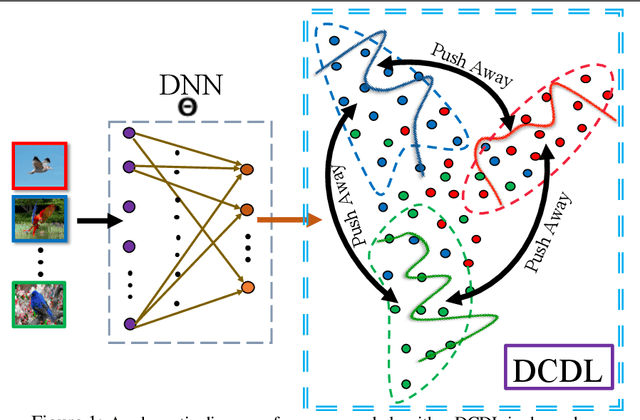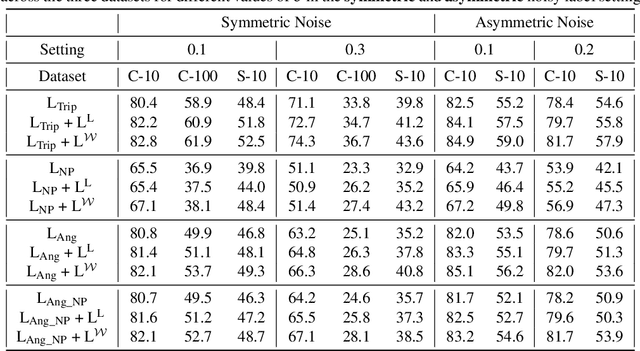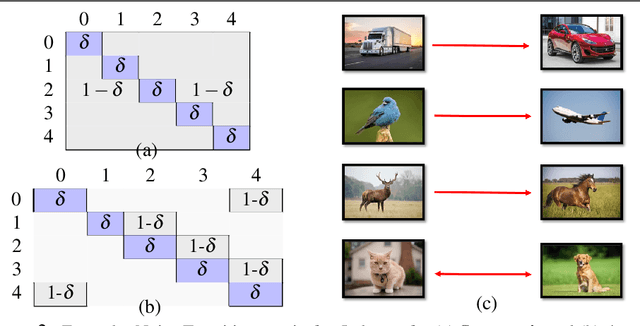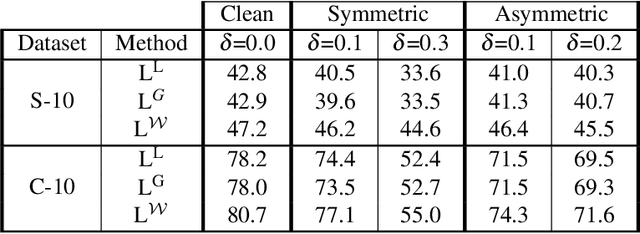Learning Deep Optimal Embeddings with Sinkhorn Divergences
Paper and Code
Sep 14, 2022



Deep Metric Learning algorithms aim to learn an efficient embedding space to preserve the similarity relationships among the input data. Whilst these algorithms have achieved significant performance gains across a wide plethora of tasks, they have also failed to consider and increase comprehensive similarity constraints; thus learning a sub-optimal metric in the embedding space. Moreover, up until now; there have been few studies with respect to their performance in the presence of noisy labels. Here, we address the concern of learning a discriminative deep embedding space by designing a novel, yet effective Deep Class-wise Discrepancy Loss (DCDL) function that segregates the underlying similarity distributions (thus introducing class-wise discrepancy) of the embedding points between each and every class. Our empirical results across three standard image classification datasets and two fine-grained image recognition datasets in the presence and absence of noise clearly demonstrate the need for incorporating such class-wise similarity relationships along with traditional algorithms while learning a discriminative embedding space.
 Add to Chrome
Add to Chrome Add to Firefox
Add to Firefox Add to Edge
Add to Edge